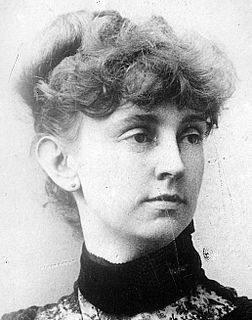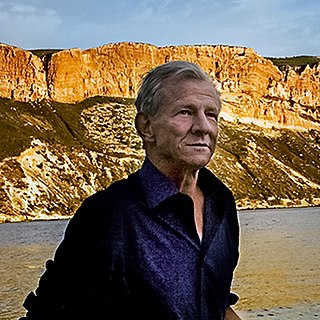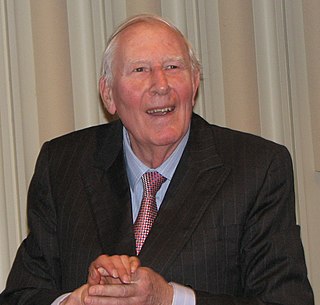A Quote by Kate Douglas Wiggin
Miranda Sawyer had a heart, of course, but she had never used it for any other purpose than the pumping and circulating of blood.
Related Quotes
You thought you had the choice to stay still or move forward, but your didn't. As long as your heart kept pumping an your blood kept blowing and your lungs kept filling, you didn't. The pang she felt for Tibby carried something like envy. You couldn't stand still for anything short of death, and God knew she had tried.
At that moment a very good thing was happening to her. Four good things had happened to her, in fact, since she came to Misselthwaite Manor. She had felt as if she had understood a robin and that he had understood her; she had run in the wind until her blood had grown warm; she had been healthily hungry for the first time in her life; and she had found out what it was to be sorry for someone.
My grandmother told a story that when they used to leave from Southampton to go into the City, because he had apartment buildings in Queens - I was born in Astoria, Queens - they had apartment buildings in Queens and Manhattan, different businesses, and she wanted to pick blueberries on the side of the road and he wouldn't stop, so my grandma used to throw her purse out the window. She never had less than $4,000 cash, back in the 20s, and he would then stop the car and she would pick blueberries. And, he never had a record.
She had taken him for granted, she thought with surprise and shame, watching the flickering candlelight. She had assumed his kindness was so natural and so innate, she had never asked herself whether it cost him any effort. Any effort to stand between Will and the world, protecting each of them from the other. Any effort to accept the loss of his family with equanimity. Any effort to remain cheerful and calm in the face of his own dying.
I had some highlight moments in the early '60s when I used to do a lot of rubbings. I used Afta; it's an amazing chemical. If you pour it on something and rub, you get amazing results. Before that, I used lighter fluid and, well, I've always liked blood. Everybody thinks I am very sick, but the thing is, blood is better than any ink or paint.
Insofar as she recognized at all that she was dreaming, she realized that she must be exploring her subconscious mind. She had heard it said that humans are supposed only to use about a tenth of their brains, and that no one was really clear what the other nine tenths were for, but she had certainly never heard it suggested that they were used for storing penguins.
She'd always known he loved her, it had been the one certainty above all others that had never changed, but she had never said the words aloud and she had never meant them quite this way before. She had said it to him, and she hardly knew what she had meant. They were terrifying words, words to encompass a world.
Some leave our life with tears, others with an insane frigidity; Mrs. Wilcox had taken the middle course, which only rarer natures can pursue. She had kept proportion. She had told a little of her grim secret to her friends, but not too much; she had shut up her heart--almost, but not entirely. It is thus, if there is any rule, that we ought to die--neither as victim nor as fanatic, but as the seafarer who can greet with an equal eye the deep that he is entering, and the shore that he must leave.
The tent in which she first met him had smelled of blood, of the death she did not understand, and still she had thought of it all as a game. She had promised him the world. His flesh in the flesh of his enemies. And much too late had she realized what he had sown in her. Love. Worst of all poisons.
[Miranda Hentoff] was teaching once at Lincoln Center, and the hall was full of other professionals - musicians, professors, teachers. And she was explaining how [Béla] Bartok composed his second piano concerto. And she explained how the music was interwoven with the rhythms and what he had in his mind. And I was just stunned. This is a kid who used to work - on a piano with a cracked keyboard.
The lights were off so that his heads could avoid looking at each other because neither of them was currently a particular engaging sight, nor had they been since he had made the error of looking into his soul. It had indeed been an error. It had been late one night-- of course. It had been a difficult day-- of course. There had been soulful music playing on the ship's sound system-- of course. And he had, of course, been slightly drunk. In other words, all the usual conditions that bring on a bout of soul searching had applied, but it had, nevertheless, clearly been an error.

































